Summary
- Sleeping alone: freedom and restful sleep
- Total control over the nighttime environment
- Fewer disturbances and deeper sleep
- Tip for those who want to share without sacrificing comfort: the memory foam mattress
- Sleeping together: between comfort and disruption
- Emotional and physiological benefits
- The challenges of sharing: snoring, movement, and rhythm differences
- The impact on sleep quality: finding balance
- No universal solution, but a question of compatibility
- Three ways to improve nighttime cohabitation:
- Choosing suitable bedding
- Optimize the bedroom environment
- Communicate and find compromises
The bed, that intimate space where we spend an average of a third of our lives. Whether we slip into it alone, lulled by silence, or with someone else, sharing warmth and presence, the nighttime experience is radically different. But does sleeping alone or with someone else have a real impact on the quality of our sleep? Let's dive into the heart of this question to unravel the advantages and disadvantages of each configuration.
- Sleeping alone: freedom and restful sleep
For many, sleeping alone means freedom and total control over their nighttime environment. No more negotiating the room temperature, the thickness of the duvet, or the presence (or absence!) of light. You can spread out as you please, adopt your favorite sleeping position without constraints, and fall asleep at the pace that suits you.
Sleeping alone can also be more restorative for light or easily disturbed sleepers. No more tossing and turning, no more untimely snoring, or no more early waking. This peace and quiet can promote deeper, less fragmented sleep, contributing to better physical and mental recovery.
Don't panic, for those who are light sleepers but still want to share their bed with their partner, the memory foam mattress is the solution! Its great sleeping independence helps reduce your movements and those of your partner, for more peaceful nights ahead.
- Sleeping together: between comfort and disruption
Sleeping together is often associated with a sense of security, emotional comfort, and intimacy. The presence of a loved one can have a calming effect, making it easier to fall asleep and reducing feelings of loneliness, especially for those who are sensitive to it. Physical contact, even unconscious, can release feel-good hormones like oxytocin, promoting relaxation and bonding.
However, sharing a bed also comes with its own set of challenges for sleep quality. Differences in biological rhythms, nighttime movements, snoring, or temperature preferences can lead to micro-awakenings, increased restlessness, and less deep sleep for one or both partners. In the long term, these disruptions can impact daytime fatigue, mood, and even overall health.
- The impact on sleep quality: finding balance
There's no universal answer to whether sleeping alone or with a partner is better for sleep quality. The impact depends heavily on the compatibility of your partners' sleep habits, their sensitivity to disruptions, and their ability to communicate and find solutions.
For those who share their bed and encounter difficulties, several avenues can be explored:
- Choose suitable bedding: Opt for a memory foam mattress or mattress topper for their great sleeping independence, individual duvets and ergonomic pillows, this can minimize disturbances linked to the movements of the other.
- Improve the bedroom environment: Ensuring adequate temperature, good darkness, and sound insulation can help create a sleep-friendly environment for both partners.
- Communicate openly: Discussing sleep problems and working together to find solutions is essential. This may involve adjusting schedules, using earplugs, or even consulting a sleep specialist.
Whether you prefer the soothing solitude of the night or the comforting warmth of a shared bed, the important thing is to find the configuration that promotes quality sleep and meets your individual and relational needs. Being attentive to your own sleep and that of your partner, and being willing to implement solutions to optimize nighttime comfort, is the key to restful nights and optimal well-being.
And you, do you prefer to sleep alone or with someone else? What are your tips for a peaceful night's sleep, whether you share a bed or not? Feel free to share your experience in the comments!


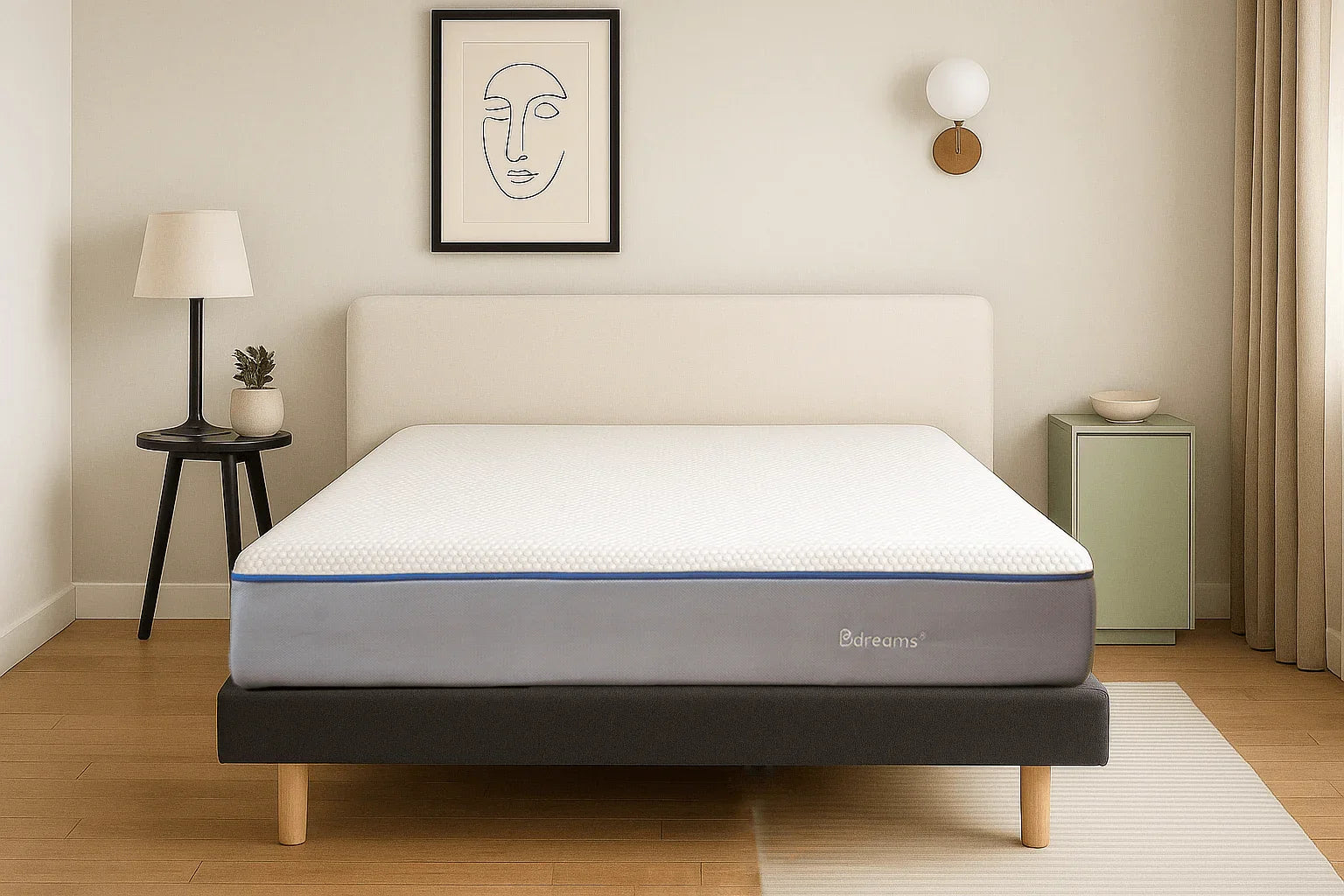
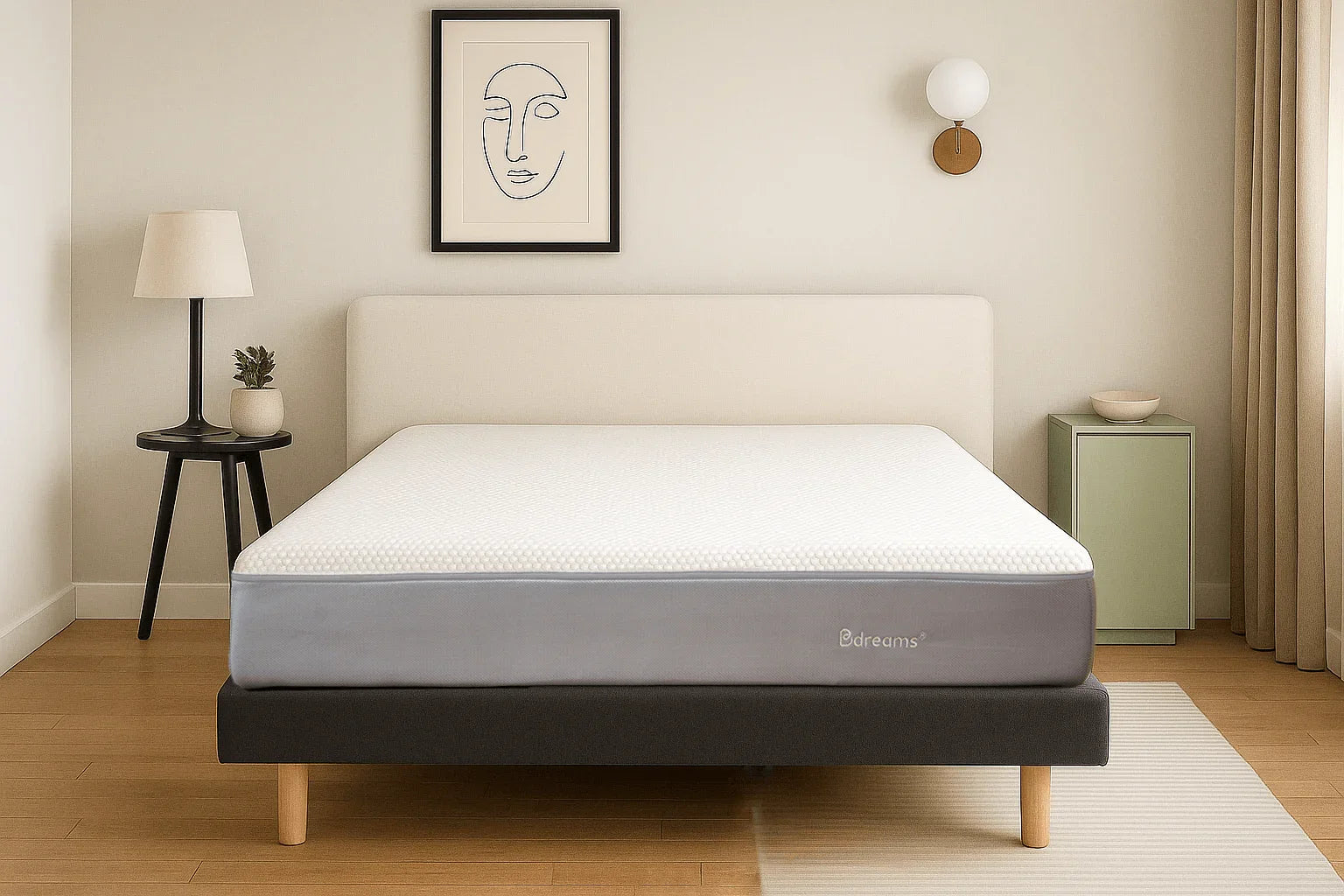
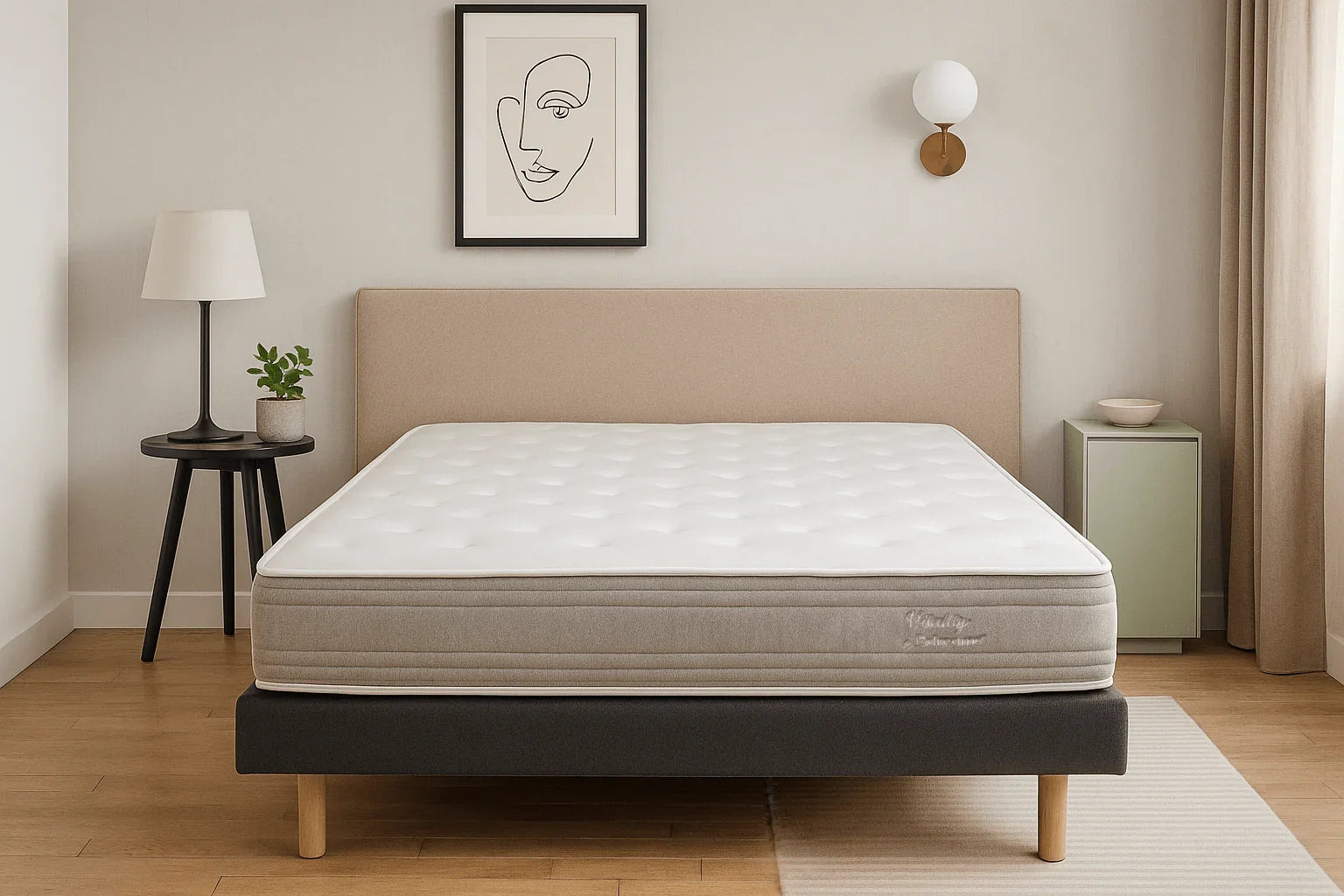
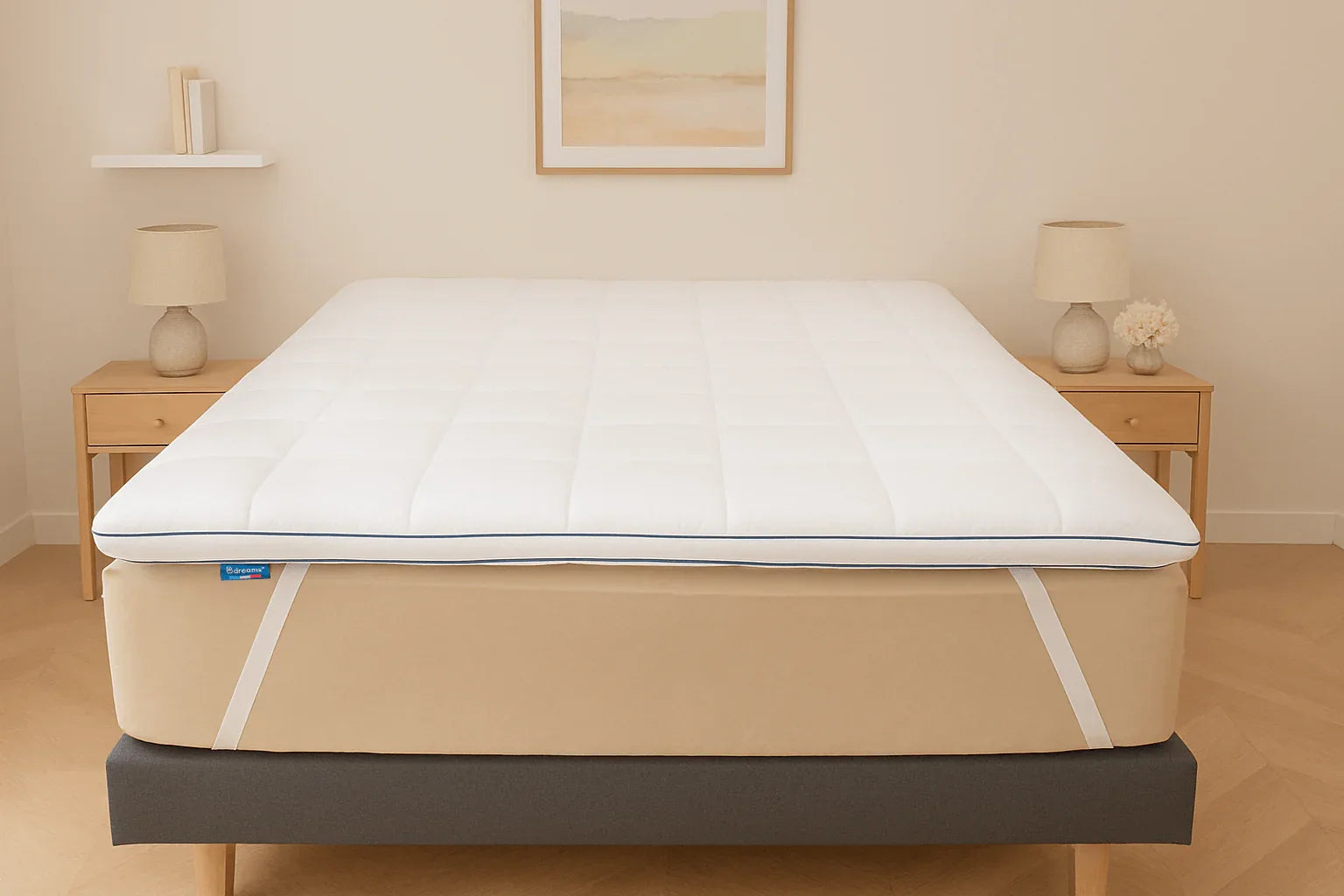
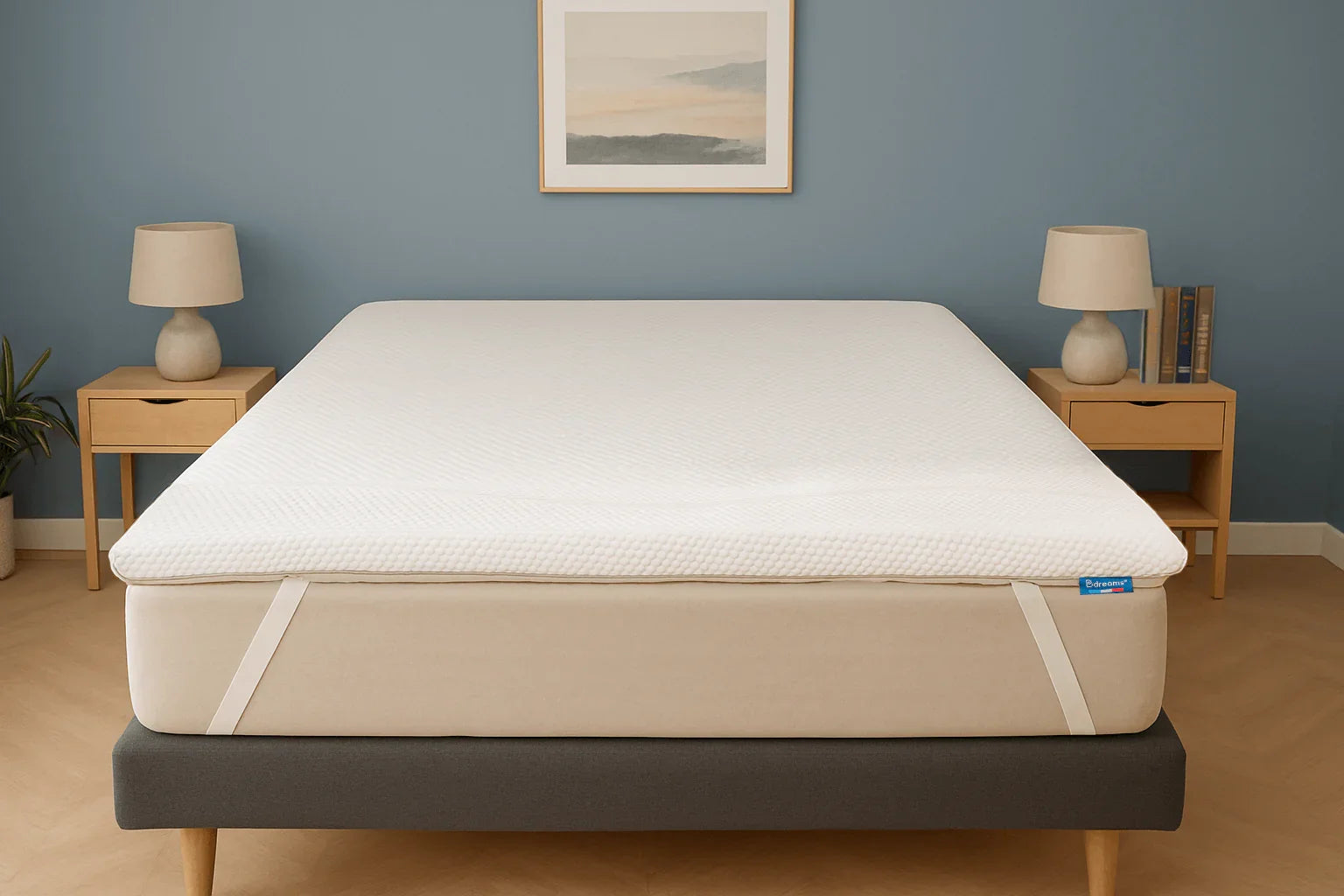
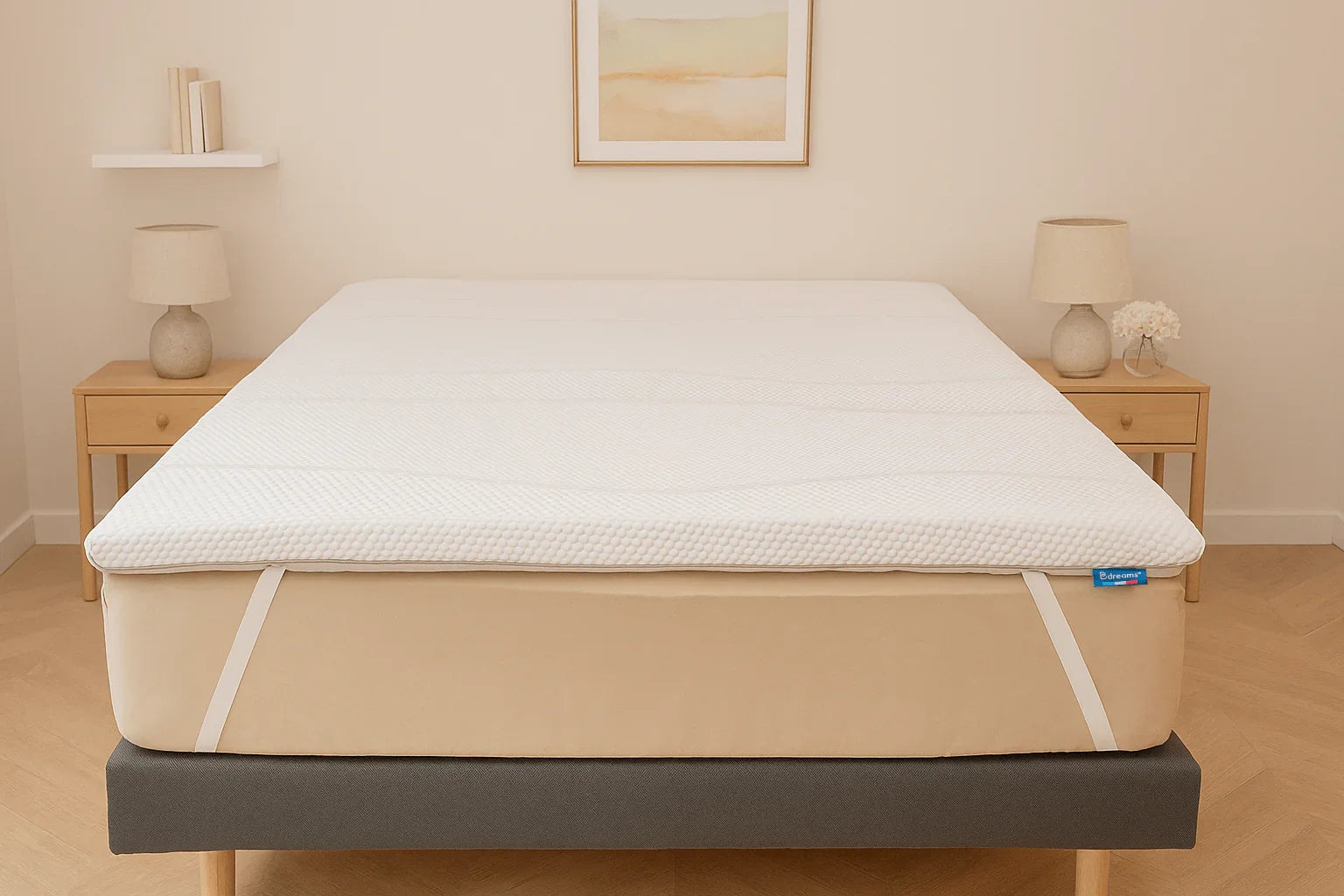
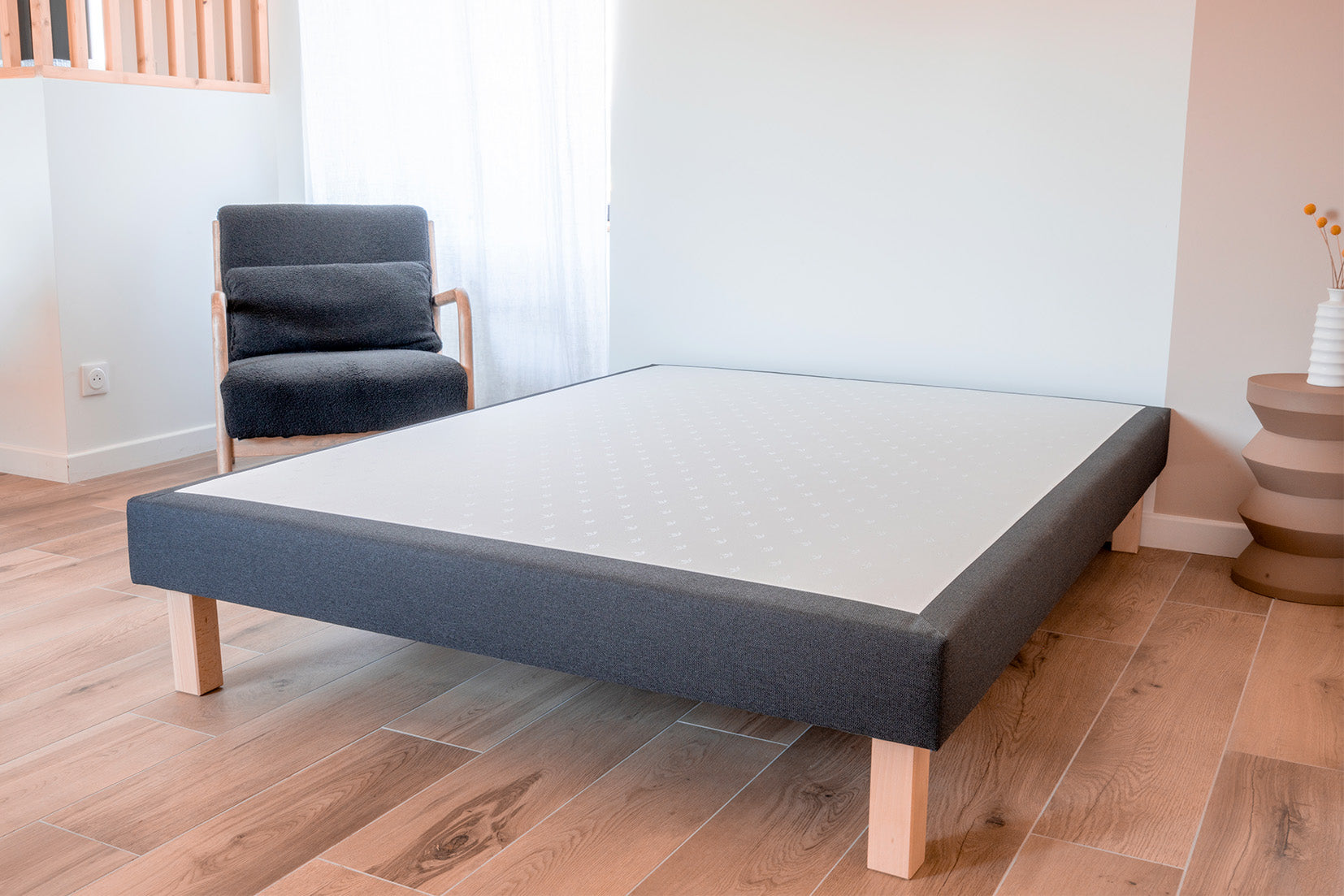
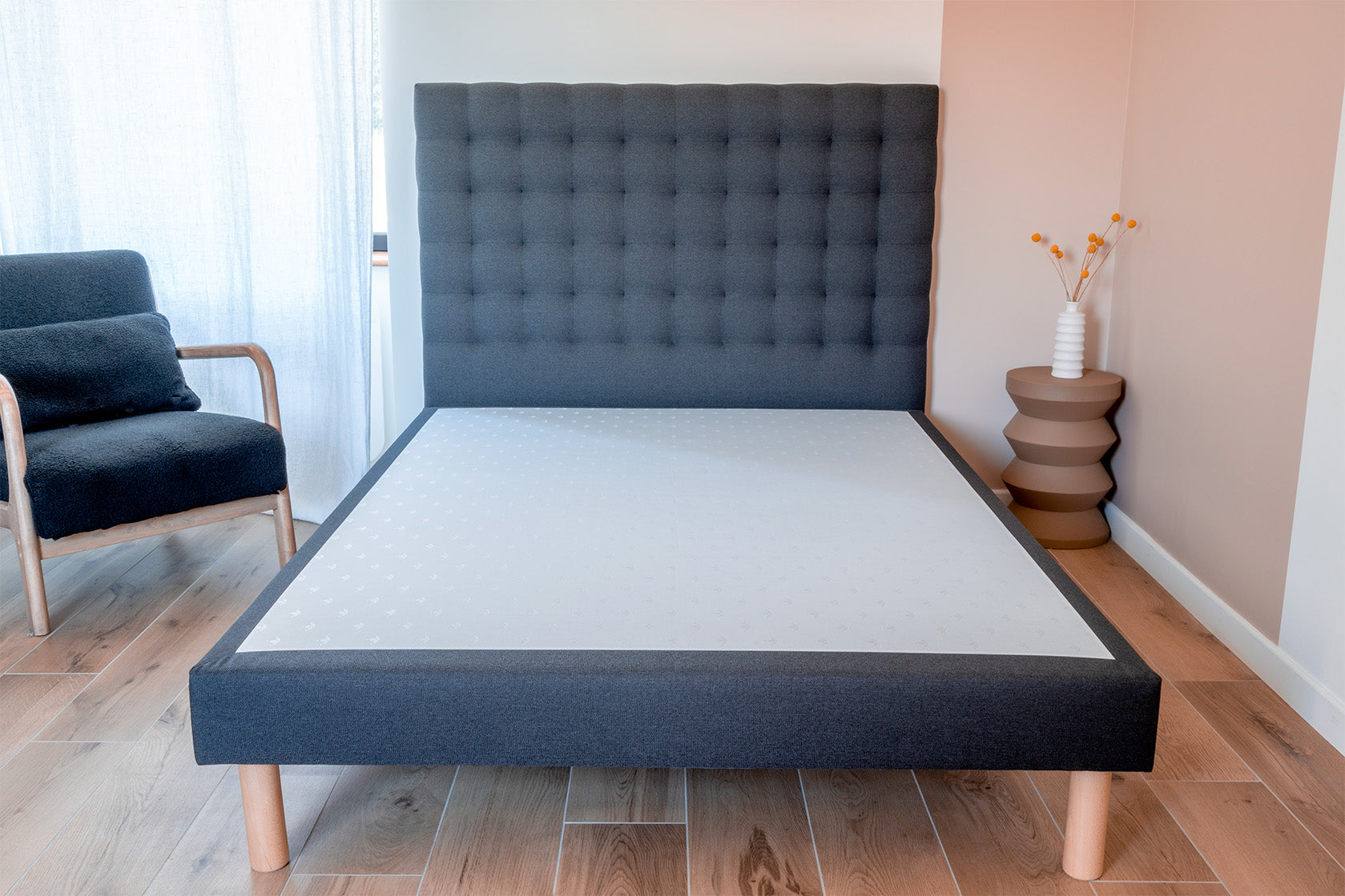





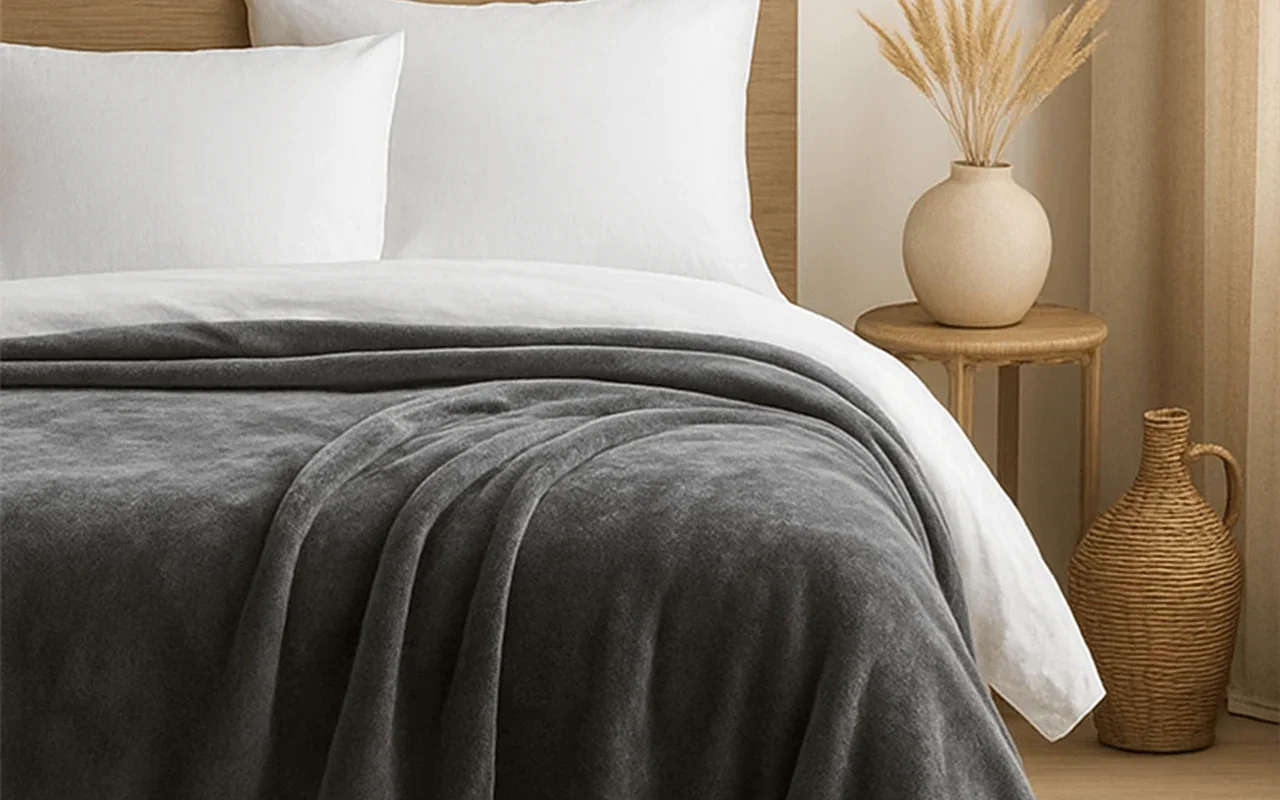



Leave a comment
This site is protected by hCaptcha and the hCaptcha Privacy Policy and Terms of Service apply.